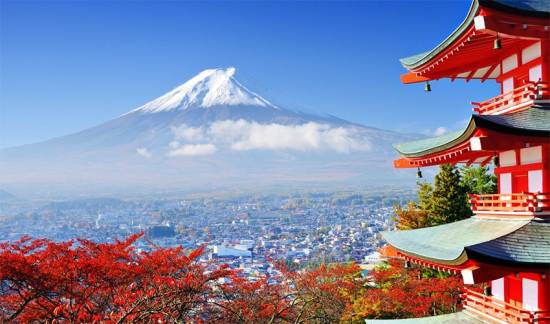Japan is to finally reopen its borders to international travelers starting Friday after banning foreign tourists for more than two years, as the country gradually relaxes its COVID-19 border controls. Under the plan announced by the government in May, Japan will initially accept visitors on tours with guides and fixed itineraries from the 98 low-risk countries and regions, including the US and China. Tourists from those areas will be exempt from virus testing and self-quarantine even they are unvaccinated.
Kuwaiti tourists will not be eligible for the entry, but the government plans to widen the scope of foreign travelers in stages if there are no major problems. Japan divides countries and regions into three categories: blue, yellow and red, and Kuwait is listed in the middle-risk yellow category. Still, Kuwaiti business travelers, technical interns and students have been allowed to visit Japan.
Those visitors from the “yellow” group are required to take virus tests upon arrival and self-quarantine at home for three days, but both requirements are waived if they have completed three rounds of COVID-19 vaccines.
In order to check the impact on the COVID- 19 situation, Japan launched small group tours on a trial basis for travel company employees from the US, Australia, Singapore and Thailand late May. Infections situation in Japan has stabilized in recent weeks, with the number of new cases staying about 20,000 to 30,000 per day Japan tightened its border controls in February 2020 in response to the global spread of the virus.
Then, it effectively imposed an entry ban on all non-resident foreign nationals in November due to concerns over the highly infectious Omicron strain of the virus. “Resuming inbound tourism, which can benefit from the depreciation of the yen, has great significance for Japan’s regional economies,” Prime Minister Fumio Kishida told reporters on May 31. (KUNA)


